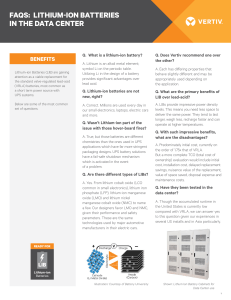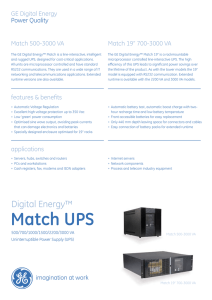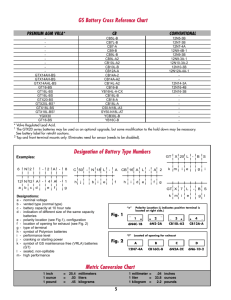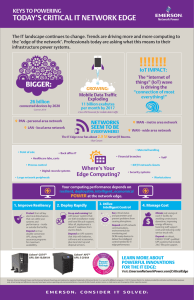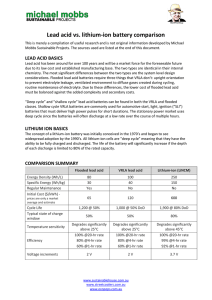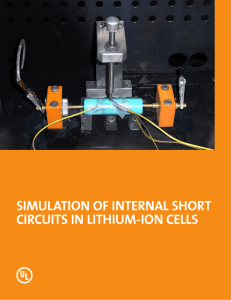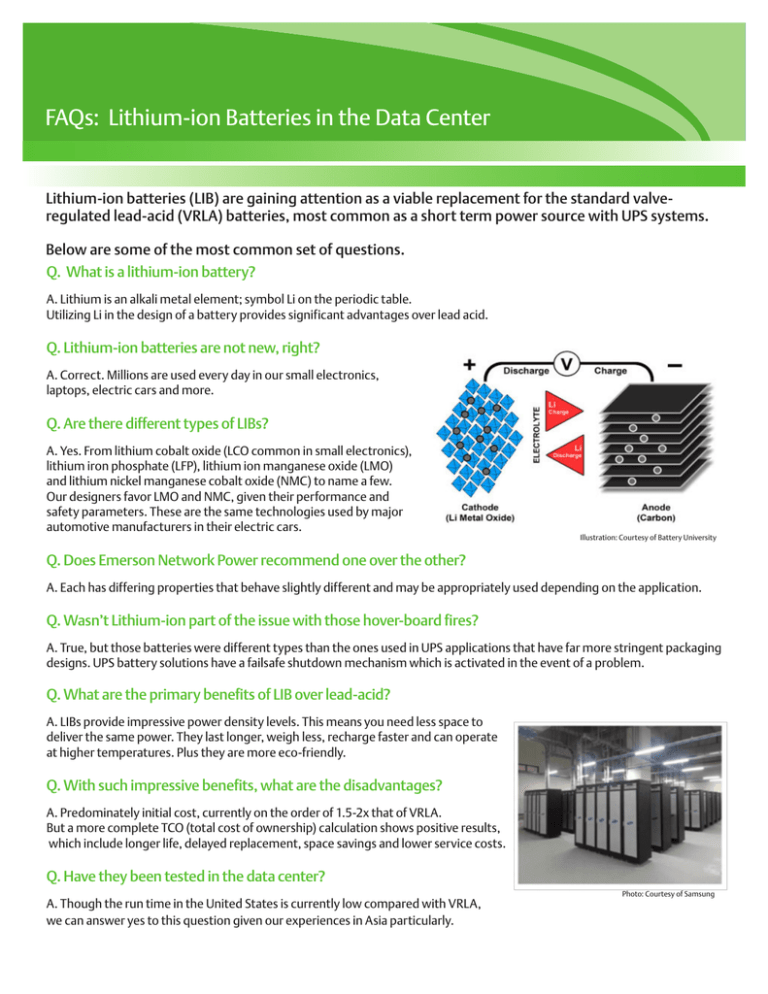
FAQs: Lithium-ion Batteries in the Data Center
Lithium-ion batteries (LIB) are gaining attention as a viable replacement for the standard valveregulated lead-acid (VRLA) batteries, most common as a short term power source with UPS systems.
Below are some of the most common set of questions.
Q. What is a lithium-ion battery?
A. Lithium is an alkali metal element; symbol Li on the periodic table.
Utilizing Li in the design of a battery provides significant advantages over lead acid.
Q. Lithium-ion batteries are not new, right?
A. Correct. Millions are used every day in our small electronics,
laptops, electric cars and more.
Q. Are there different types of LIBs?
A. Yes. From lithium cobalt oxide (LCO common in small electronics),
lithium iron phosphate (LFP), lithium ion manganese oxide (LMO)
and lithium nickel manganese cobalt oxide (NMC) to name a few.
Our designers favor LMO and NMC, given their performance and
safety parameters. These are the same technologies used by major
automotive manufacturers in their electric cars.
Illustration: Courtesy of Battery University
Q. Does Emerson Network Power recommend one over the other?
A. Each has differing properties that behave slightly different and may be appropriately used depending on the application.
Q. Wasn’t Lithium-ion part of the issue with those hover-board fires?
A. True, but those batteries were different types than the ones used in UPS applications that have far more stringent packaging
designs. UPS battery solutions have a failsafe shutdown mechanism which is activated in the event of a problem.
Q. What are the primary benefits of LIB over lead-acid?
A. LIBs provide impressive power density levels. This means you need less space to
deliver the same power. They last longer, weigh less, recharge faster and can operate
at higher temperatures. Plus they are more eco-friendly.
Q. With such impressive benefits, what are the disadvantages?
A. Predominately initial cost, currently on the order of 1.5-2x that of VRLA.
But a more complete TCO (total cost of ownership) calculation shows positive results,
which include longer life, delayed replacement, space savings and lower service costs.
Q. Have they been tested in the data center?
A. Though the run time in the United States is currently low compared with VRLA,
we can answer yes to this question given our experiences in Asia particularly.
Photo: Courtesy of Samsung
FAQs: Lithium-ion Batteries in the Data Center
Q. Does Emerson Network Power have specific experience with LIBs?
A. Yes. Our engineers and teams have been on the leading edge of integrating them with UPSs and have fully studied and
tested LIBs since 2011. In fact, we have operational customer sites.
Q. Are any of your UPS systems compatible with LIBs?
A. Yes. Several of our UPS product lines have been tested and certified for use with lithium ion battery solutions.
See our webpage for more information.
Q. How important is battery monitoring?
A. Very. Fortunately, lithium-ion batteries are manufactured with built-in monitoring capabilities.
Many key parameters can be dynamically monitored.
Q. What is the impact on service and maintenance?
A. LIBs generally require less maintenance. This saves on operating costs.
Q. Can an installation utilize a hybrid approach, whereby we mix battery technologies?
A. No, if you mean within a unique UPS system. But if more than one UPS system exists, there is no reason you couldn’t
operate different type of battery plants.
Q. Would there be an impact on leveraging flywheels, given an LIB strategy?
A. Customers considering flywheels versus LIB solutions should weigh the footprint differences, run time capabilities, capital
and operational costs and other factors before making a decision if their application only requires very short backup time.
We hope this brief looked at some of the questions we often receive helped you. As a leading UPS/power systems
provider who maintains a comprehensive portfolio along with many related solutions and services needed for
critical protection, we feel uniquely qualified to help you evaluate your needs.
If you have more questions or need more information, please do not hesitate to contact our experts.
EmersonNetworkPower.com
-orEmersonNetworkPower.com/knowUPS
Emerson, Emerson Network Power and the Emerson Network Power logo are service marks and trademarks of Emerson Electric Co. . All third party marks are the property of their respective owners.
©2016 Emerson Electric Co. All rights reserved. SL-70119 R0716

